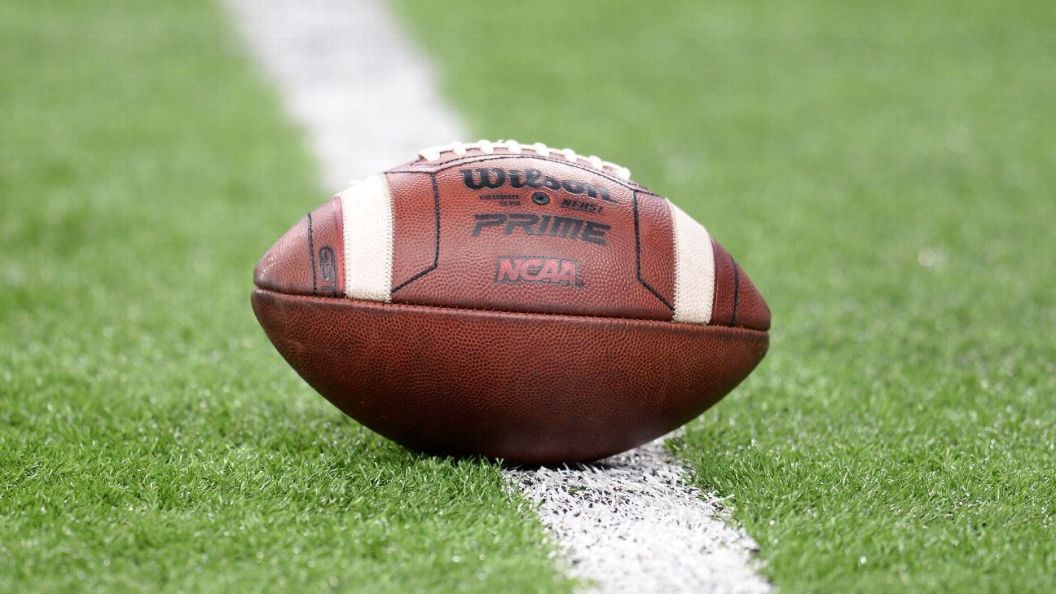The NCAA has approved a rule that will allow unlimited transfers for college football players, and we may soon be seeing players cut — like in the NFL — because of it, some surmise.
Videos by FanBuzz
"Specifically, to be immediately eligible after a transfer, undergraduate student-athletes would have to have left their previous school while academically eligible and in good standing (not subject to disciplinary suspension or dismissal) and meet progress-toward-degree requirements at their new school before competing," NCAA officials said in a statement. "For graduate transfer student-athletes to be eligible, they would have to earn a degree from their previous school, leave while academically eligible and be enrolled as a full-time postgraduate student while continuing to satisfy minimum academic standards."
The NCAA's decision to eliminate the mandatory one-year sit-out period for transferring players (in Division I) marks a significant shift in the landscape of college athletics. While it may appear to reinforce the notion that academics remain important, the reality is far more complex. The catalyst for this change wasn't a sudden revelation of educational priorities within the NCAA; rather, it was the pressure exerted by ongoing legal battles, particularly the antitrust lawsuit spearheaded by several states' attorneys general.
States such as Illinois, New York, Tennessee, West Virginia, Colorado, and Ohio, alongside the Department of Justice, challenged the transfer restrictions as anticompetitive. With mounting legal pressure, all parties involved reached a compromise — players with multiple transfers would be eligible to play in the upcoming fall season.
In essence, while this policy adjustment may be framed as a nod to academic integrity, it underscores a broader trend, suggesting that college athletics is inching ever closer to all-out free agency. As the NCAA navigates these legal and societal currents, the landscape of collegiate sports continues to evolve, raising a whole lot of questions about the balance between athletic competition and academic pursuit.
Wrote Trey Wallace of Outkick:
"One of the repercussions from the NCAA changing its policy on the number of times a player can transfer will fall on the athletes themselves. In a world where spots on a roster are more of a business-like exchange, the coaches will be able to start trimming their roster and advising players to hit the portal without pushback from fans or the athlete."
